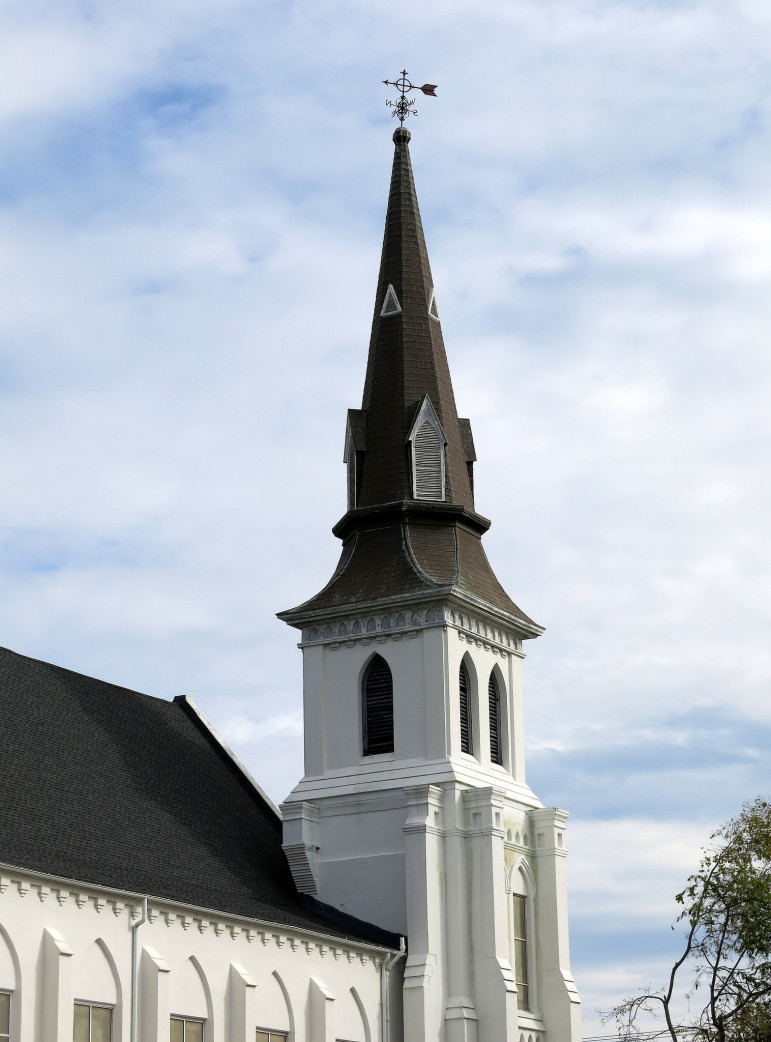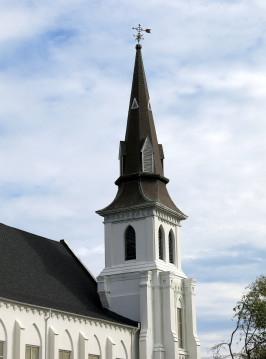Last night nine people were murdered at an historic AME church in Charleston, South Carolina church. The crime is being treated as a hate crime, but some have called in an act of terrorism. What is the difference? When does a crime become a hate crime or terrorism?
In our everyday language, the difference between a hate crime and terrorism is one of degree, not kind. The murder of nine people seems too big to label as a crime. It’s terrorism. Legally, however, hate crimes and terrorism differ in their intent. There can be small acts of terrorism and large, heinous acts that are hate crimes.
The term “hate crime” is a somewhat of a misnomer. Many crimes are driven by hate. A better term is “bias crime.” The distinguishing feature of a hate crime or bias crime is that the act is based on the perpetrator’s bias against a race, religion, or other group. A hate crime deprives someone of their life, liberty, or property based on who they are, and it often has the intent of intimidating others who look, act, or believe like the victim.
Terrorism is different. We often use terrorism to describe horrendous acts of violence that are committed on a larger scale than other crimes, but this isn’t the legal definition. Terrorism is a political crime against a government or the population. The Federal Bureau of Investigation (FBI) defines terrorism as “the unlawful use of force or violence against persons or property to intimidate or coerce a government, the civilian population, or any segment thereof, in furtherance of political or social objectives.”
Sorting out whether a crime is a hate crime, terrorism, or simply a “normal” crime depends on the circumstances. Saying that the shooting is a hate crime and not an act of terrorism does not diminish the tragedy. Indeed, it says that people have civil rights that must be protected. A crime does not need to be an attack on the public to be something more than murder.
Whether or not the shooting in Charleston is a hate crime will be something that can be established only after a full investigation. At this time, it is a crime that should be investigated as a hate crime.
Here’s a few facts that justify a hate crimes investigation:
- The location is a church of important historical significance in the black community of Charleston (and the rest of the country).
- The victims were shot while participating in an activity related to their race and religion.
- All of the victims were black. The shooter is white.
- According to reports, Dylann Roof, the person arrested for the crime, has a Facebook picture in which he is wearing a coat with the flag of Apartheid-era South Africa. Another photo shows Roof with a car with a “Confederate States of America” license plate.
- Roof reportedly also used language that showed that he was shooting the victims because of their race. According to reports, Roof said, “You rape our women and you’re taking over our country. And you have to go.”
- There is a public perception that the crime was aimed at victims based on their race.
There is always the chance that the shooting is not a hate crime.The investigation may uncover another motive for the crime. Perhaps the shooter knew the victims and targeted them out of personal animus. But at this time, the crime clearly warrants a hate crime investigation. If the investigation uncovers evidence that the shooter was biased against blacks or that he was motivated because of the victims’ race, then the act will clearly fall into the category of a hate crime.
Blog post updated with information on Dylan Roof following his arrest.
Don’t miss any more posts from the Corner of Church & State. Click the red subscribe button in the right hand column. Follow @TobinGrant on Twitter and on the Corner of Church & State Facebook page.






